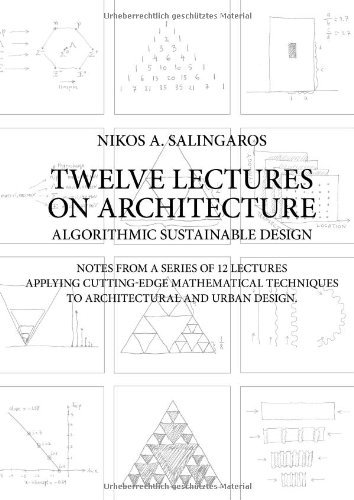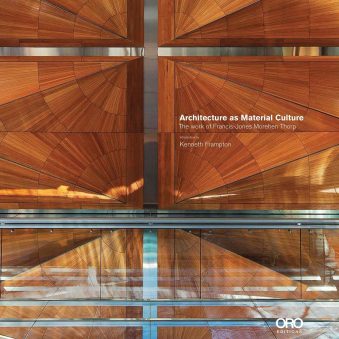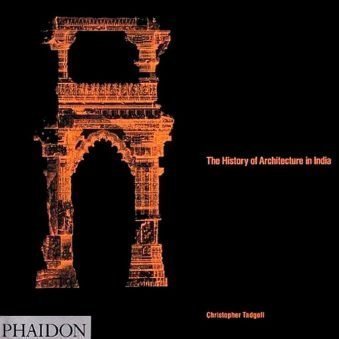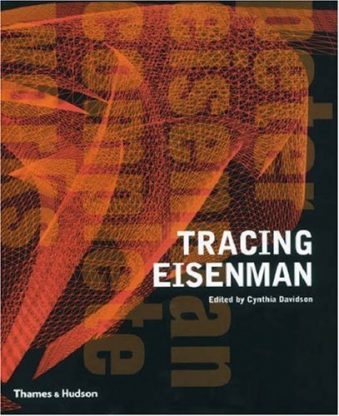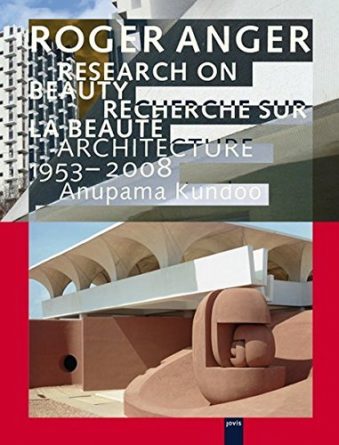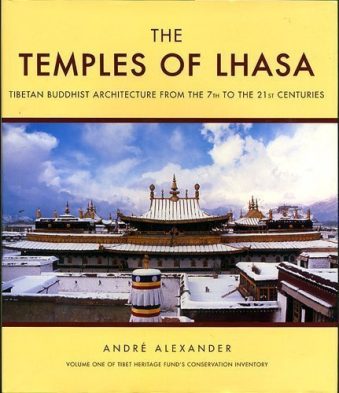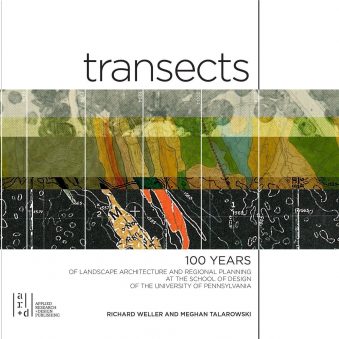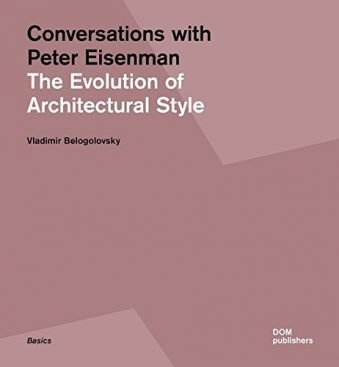- Empty cart.
- Continue Shopping
Twelve Lectures on Architecture: Algorithmic Sustainable Design: Notes from a Series of 12 Lectures Applying Cutting-Edge Mathematical Techniques to Architectural and Urban Design
₹1,350.00
- By
- Paperback: 252 pages
- Publisher: Umbau Verlag; 1 edition (10 December 2010)
- Language: English
- ISBN-10: 0989346935
- ISBN-13: 978-0989346931
- Product Dimensions: 19 x 1.3 x 25.4 cm
1 in stock
Twelve Lectures on Architecture is a profound philosophical work presented as a set of architectural lecture notes. It reads very easily, explaining why certain buildings and places speak to our hearts, thus illuminating many of our old assumptions about taste. Salingaros establishes, using biology, why traditional architecture is perceived intuitively by most people as more natural and life-affirming than modernist architecture. A deep malaise of contemporary society is tied to the shocking state of architecture and urbanism in our times, characterized by distorted buildings and unusable urban spaces. Salingaros is the archetypal deep thinker and punctures the pretenses of our most respected architecture critics. He is a charismatic teacher, and manages to explain seemingly inaccessible concepts such as fractals, scaling, the golden mean, cellular automata, genetic algorithms, and complexity in simple hand-drawn sketches. He has found a way to translate the complexities inherent in the design of our environment into imagery that even a general reader can understand. Twelve Lectures on Architecture includes an excellent introduction to Christopher Alexanders recent and remarkable work on how biology and architecture intersect in humankinds unconscious perceptions. This book has the importance to change the world because it goes into things that people should have thought about but haven’t
About the Author
Nikos Salingaros is a mathematician and polymath known for his work on urban theory, architectural theory, complexity theory, and design philosophy. Salingaros is known for his critical analysis of conventional modern architecture and has proposed an alternative theoretical approach to architecture and urbanism that is more adaptive to human needs and aspirations, and that combines rigorous scientific analysis with deep intuitive experience.
Salingaros joined the Mathematics faculty of the University of Texas at San Antonio in 1983, where he remains today. In 1997 he was recipient of the first award ever by the Alfred P. Sloan Foundation for research on architectural topics. In 2003, he was elected to the Committee of Honor, International Network for Traditional Building, Architecture & Urbanism (INTBAU), and to the INTBAU College of Traditional Practitioners.




